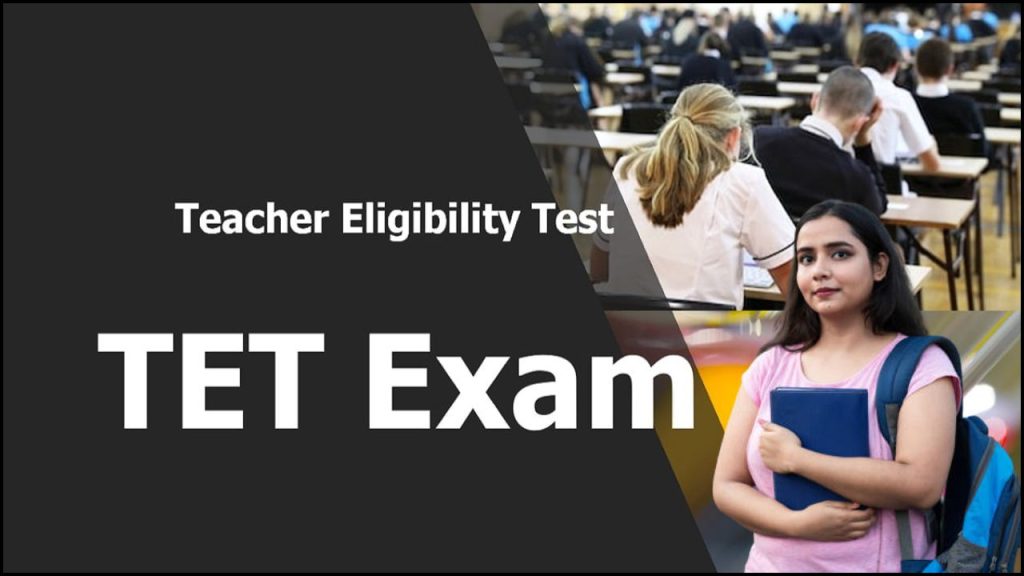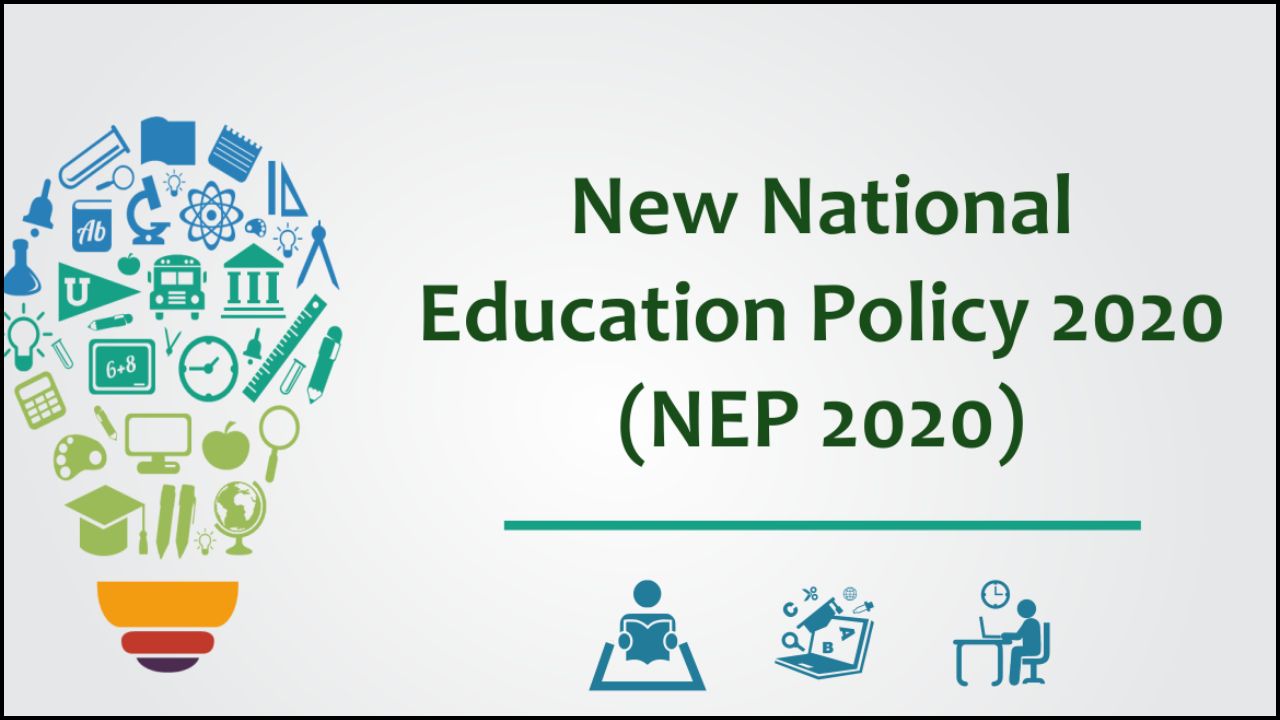
The Teacher Eligibility Test (TET) is a crucial step for anyone aspiring to become a teacher in India. Conducted by both central and state governments, TET ensures that only qualified and competent individuals enter the teaching profession. A proper preparation strategy plays a significant role in clearing this competitive exam. The following article provides detailed, practical, and effective preparation strategies for TET in simple English, avoiding repetition and focusing on original content.
Table of Contents
Understanding the TET Exam Structure
Knowing the structure of the exam helps in planning preparation effectively.
- Paper I is for teaching classes I to V.
- Paper II is for teaching classes VI to VIII.
- Subjects include Child Development and Pedagogy, Language I & II, Mathematics, Environmental Studies, and Social Science.
| Component | Details |
|---|---|
| Mode of Exam | Offline (pen-paper based) |
| Total Questions | 150 questions (MCQs) |
| Total Marks | 150 marks |
| Duration | 2.5 hours |
| Negative Marking | No negative marking |
| Qualifying Criteria | 60% marks (55% for SC/ST/OBC/PwD categories) |
Analyzing the Syllabus Thoroughly
Syllabus analysis helps avoid wasting time on irrelevant topics.
- NCERT books from classes I to VIII cover most of the topics.
- Child Development and Pedagogy includes teaching methods, learning theories, and the psychology of children.
- Language subjects test comprehension, grammar, and language skills.
- Subject-specific content is based on the class-level topics taught in schools.
| Subject | Focus Areas |
|---|---|
| Child Development | Theories of learning, inclusive education, and child psychology |
| Language I | Grammar, comprehension, and pedagogy of language development |
| Language II | Communication skills, comprehension, and grammar |
| Mathematics | Numbers, geometry, measurement, and teaching methods |
| Environmental Studies | Environment, science concepts, pedagogy, and current issues |
| Social Science (Paper II) | History, civics, geography, and teaching strategies |
Creating a Study Plan
A study plan keeps preparation on track and builds consistency.
- Time allocation for each subject should be based on strengths and weaknesses.
- Daily targets improve regularity and discipline.
- Revision slots help retain topics better.
| Week | Tasks |
|---|---|
| Week 1 | Read syllabus, collect resources, and set a weekly study timetable |
| Week 2–3 | Focus on Child Development and Pedagogy + Language I |
| Week 4–5 | Study Mathematics or Social Science with Language II |
| Week 6 | Practice mock tests and previous year papers |
| Week 7 | Identify weak topics and revise thoroughly |
| Week 8 | Final revision and mock test practice |
Using Standard Study Materials
Quality materials lead to better preparation outcomes.
- NCERT textbooks are best for core concepts.
- TET-specific guides from Arihant, Disha, or Pearson cover pedagogy and practice questions.
- Previous year question papers help in understanding exam patterns.
- Online platforms like DIKSHA and NIOS offer free courses and quizzes.
Practicing Mock Tests Regularly
Mock tests improve speed and accuracy.
- A real exam-like environment helps reduce exam-day anxiety.
- Score tracking identifies progress.
- Error analysis highlights areas that need improvement.
| Mock Test Benefits | Impact on Preparation |
|---|---|
| Time management practice | Solving within 150 minutes improves pacing |
| Question pattern awareness | Familiarity with MCQs enhances confidence |
| Self-evaluation | Regular feedback boosts performance |
Improving Weak Areas
Targeted efforts turn weaknesses into strengths.
- Daily practice of difficult subjects builds mastery.
- Interactive learning methods like videos or diagrams help in understanding.
- Doubt clarification from mentors or peers prevents confusion.
Building Strong Pedagogical Knowledge
Pedagogy plays a central role in the TET exam.
- Learning theories like Piaget, Kohlberg, and Vygotsky should be studied in depth.
- Teaching strategies must be learner-centered.
- Classroom management techniques should be understood thoroughly.
| Pedagogical Concepts | Key Topics |
|---|---|
| Learning and development | Behaviorism, constructivism, inclusive education |
| Assessment methods | Formative and summative assessments |
| Motivation theories | Behaviorism, constructivism, and inclusive education |
Developing Language Proficiency
A good command of languages improves scores in Language I and II.
- Daily reading habits like newspapers or storybooks, improve vocabulary.
- Grammar practice strengthens fundamentals.
- Essay and passage writing improve comprehension skills.
Following a Revision Routine
Revision solidifies learning.
- Short notes make revision faster and more efficient.
- Formula charts for Math help in quick reference.
- Regular weekly revision avoids last-minute pressure.
| Revision Type | Purpose |
|---|---|
| Daily 1-hour revision | Reinforces previously studied concepts |
| Weekly full review | Keeps track of overall subject progress |
| Last-week complete revision | Final preparation for all subjects |
Maintaining Mental and Physical Health
Health impacts exam performance directly.
- A balanced diet keeps energy levels stable.
- Regular breaks reduce stress and increase focus.
- Exercise and sleep refresh the mind and body.
Joining Study Groups or Coaching (if needed)
Collaborative learning improves understanding.
- Group discussions clarify concepts.
- Doubt sharing allows faster resolution.
- Coaching classes provide structured learning for those needing extra guidance.
Avoiding Last-Minute Stress
Proper time management eliminates panic.
- Avoid new topics during the last week.
- Focus on strengths for confidence-building.
- Relaxation techniques like meditation reduce anxiety.
Closing Perspectives
Effective preparation for the TET exam is a combination of understanding the syllabus, building strong concepts, and practicing consistently. A well-planned approach increases the chances of success significantly. Staying confident, disciplined, and positive during the preparation journey makes all the difference in clearing the TET with good marks.





